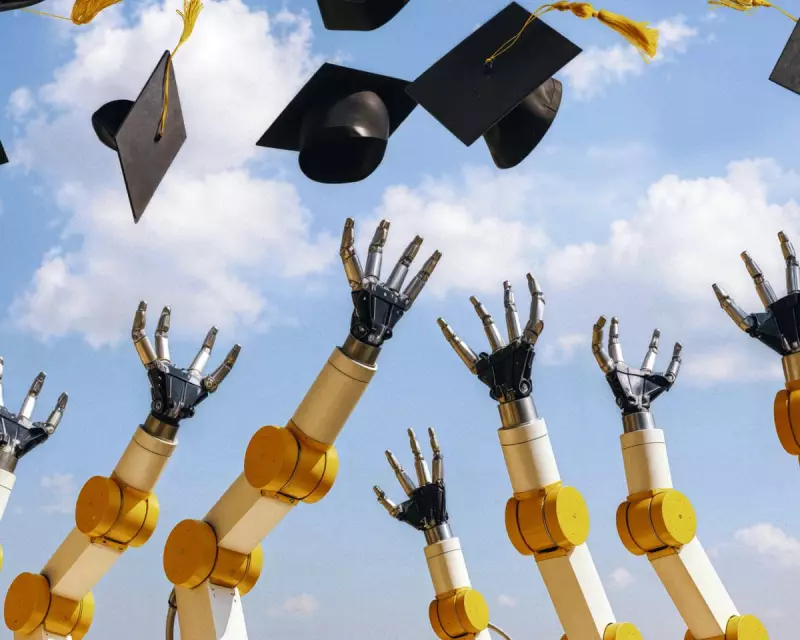
In an era where artificial intelligence is seamlessly integrated into daily life, a growing concern is emerging: are young people becoming too dependent on AI? Experts suggest that the convenience of AI-driven tools is creating a generation that struggles with independent thought and problem-solving.
The Rise of AI Dependency
From chatbots handling customer service to AI-powered personal assistants managing schedules, the reliance on artificial intelligence has skyrocketed. Young people, in particular, are turning to AI for everything from homework help to emotional support, blurring the lines between tool and crutch.
Mental Health Implications
Psychologists warn that over-reliance on AI could have serious consequences for mental health. "When individuals outsource decision-making to algorithms, they risk losing critical thinking skills and emotional resilience," explains Dr. Emily Hart, a cognitive behavioural therapist.
Signs of AI Addiction
- Constantly checking AI-powered apps for reassurance
- Difficulty making decisions without consulting AI
- Anxiety when separated from digital assistants
- Preferring AI interactions over human connections
The Tech Industry's Role
Critics argue that technology companies are designing products to be deliberately addictive. "These platforms want users hooked and jonesing for their next AI fix," says tech ethicist Mark Williams. "It's not about helping people - it's about engagement metrics and data collection."
Finding Balance
While AI offers undeniable benefits, experts recommend setting boundaries:
- Designate tech-free times during the day
- Practice making decisions without AI input
- Prioritise face-to-face interactions
- Be mindful of emotional dependence on digital tools
As AI continues to evolve, the challenge will be harnessing its potential without sacrificing human autonomy and critical thinking skills.





